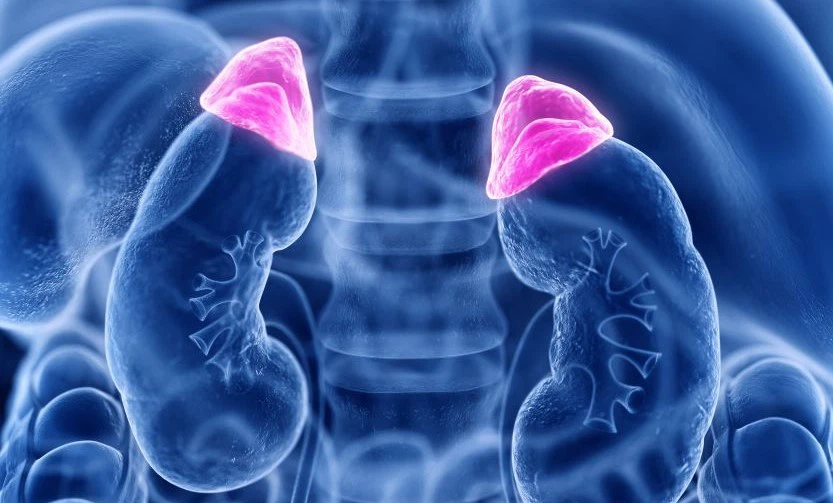Defining CAH
The adrenal glands are small but powerful organs that influence metabolism, stress response, and sexual development. In CAH, genetic mutations disrupt the balance of cortisol, aldosterone, and other hormones. This imbalance can affect everything from hydration to growth and emotional health.
Key Symptoms to Recognize
Symptoms depend on the form and severity of CAH. Some of the most common include:
-
Salt-wasting crises, which cause dehydration and low blood pressure in infants.
-
Atypical sexual development, often noticeable at birth.
-
Early onset of puberty, leading to rapid but irregular growth.
-
Shorter adult height, due to early closure of growth plates.
These signs highlight the crucial role adrenal hormones play in maintaining balance throughout the body.
Diagnosis and Screening
Newborn screening programs have made early diagnosis much more common. Blood tests detect hormone imbalances, and in some cases, genetic testing confirms the disorder. Detecting CAH early allows for immediate treatment, reducing the risk of life-threatening complications.
Managing CAH Day by Day
Though incurable, CAH can be effectively managed. Typical treatments include:
-
Daily hormone replacement therapy, ensuring cortisol and aldosterone levels remain stable.
-
Regular follow-ups with healthcare providers to adjust treatment as children grow.
-
Emergency care planning, since individuals with CAH may require special attention during illness or surgery.
Supporting Families and Patients
Families managing CAH benefit from guidance, emotional support, and connection with others facing the same condition. Education about the disorder empowers parents and caregivers to make informed decisions for their children’s health.
Thriving with CAH
Living with CAH is not without challenges, but with proper medical care and support, individuals can pursue their education, careers, and personal goals without restriction. CAH does not define who they are—it’s only one part of their story.

